‘We are unprepared for winter’: Why Covid travel chaos could be coming back
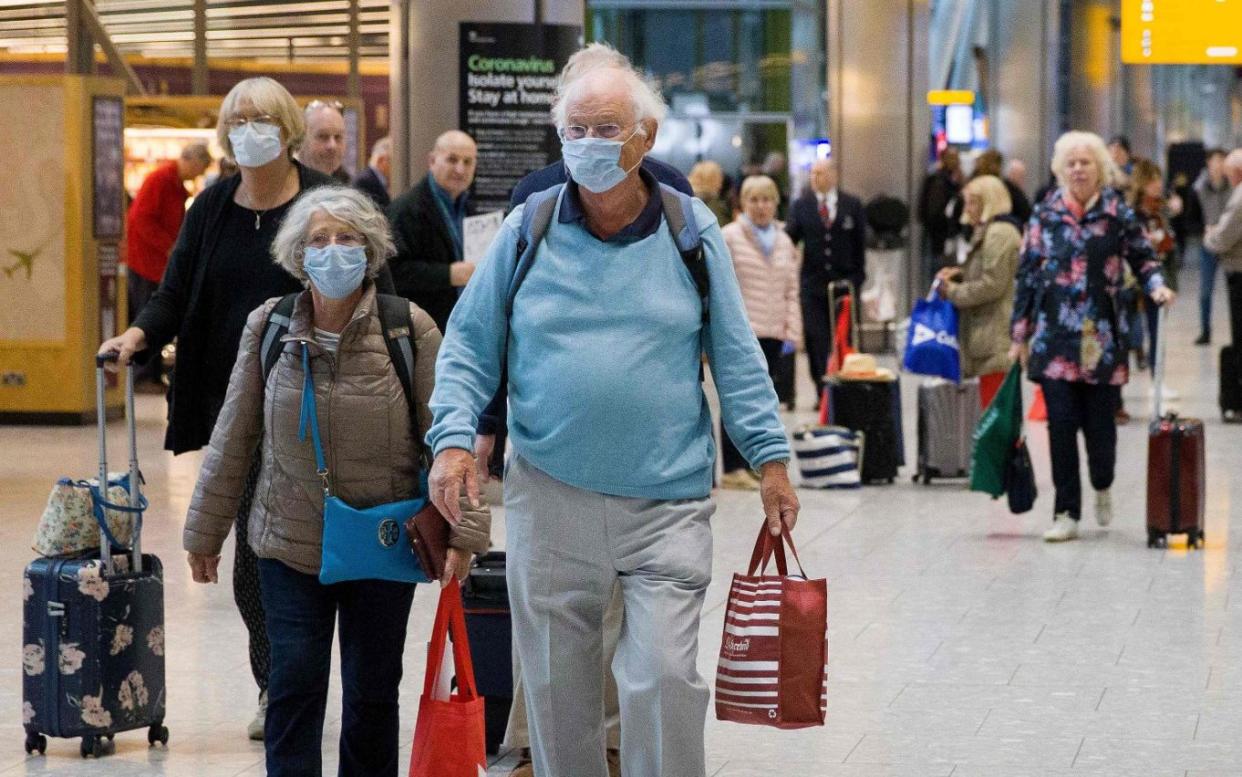
On Sunday, having just fastened my seatbelt on the 1.50pm easyJet flight from Preveza (Greece) to Gatwick, the pilot made an announcement.
We were already an hour delayed, but it would be at least another 75 minutes until we took off, he said. A sigh rippled around the cabin as seatbelts unclicked. Why the delay? Because of bad weather above Italy, he said, before adding something about “illnesses” at Gatwick’s air traffic control.
Pilots speak in code. And this, it later emerged, was code for the fact that the National Air Traffic Services (NATS) unit at Gatwick had experienced an outbreak of Covid. In a statement Gatwick Airport said that 30 per cent of NATS tower staff are currently unavailable “for a variety of medical reasons including Covid”.
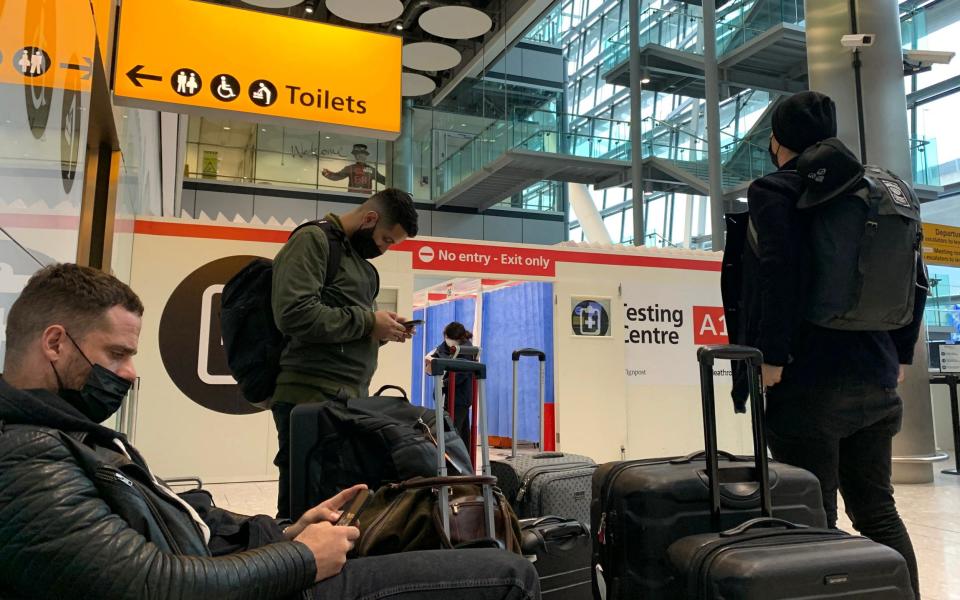
As a result, the UK’s second busiest airport is restricting flight movements to 800 per day, a measure that will remain in place until Sunday October 1. In total this means that 164 flights have been pre-emptively cancelled this week, affecting tens of thousands of passengers. As it stands, flights departing on Tuesday and Saturday are unaffected.
Stewart Wingate, CEO of London Gatwick, said: “This has been a difficult decision but the action we have taken today means our airlines can fly reliable flight programmes, which gives passengers more certainty that they will not face last minute cancellations.”
This is the first time that a significant number of British passengers have been grounded due to Covid-19 since March 2022, when all of the UK’s travel restrictions were dropped.
We do not know just how many of those illnesses were Covid cases, but the debacle still raises the question: could the dark days of Covid travel chaos rear its ugly head for the winter of 2023?
Will borders close again? It’s unlikely
Paul Charles, CEO of travel consultancy The PC Agency, became an authority in Covid travel rules during the pandemic. He doubts that we will experience anything as severe as in the early days of the pandemic.
“I don’t think we’ll ever see such chaotic conditions again. Governments will be extremely reluctant to shut down borders for such long periods, as their actions had such profound effects on their economies, as well as citizens’ mental wellbeing,” he said.
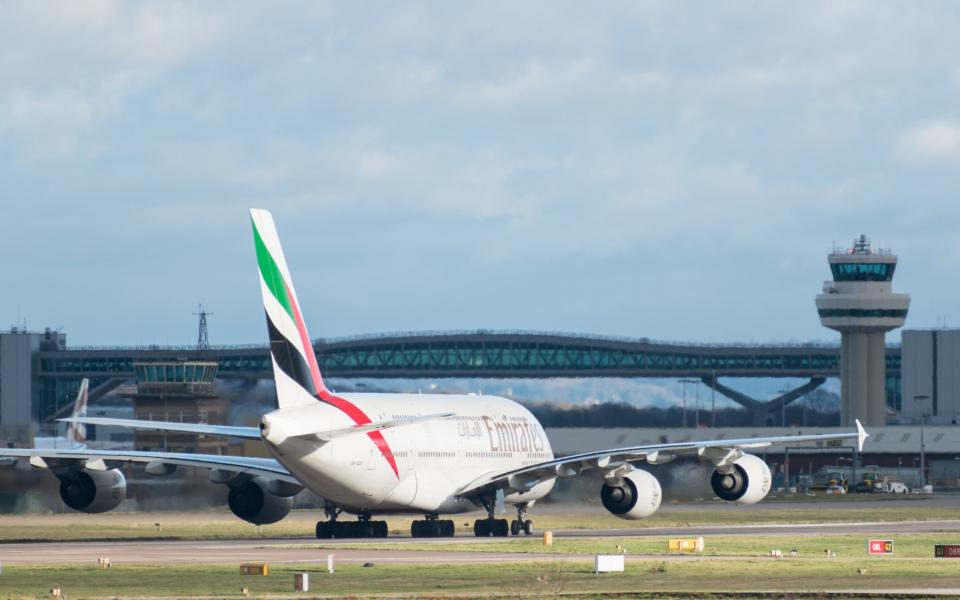
“Border closures also led to upheaval among state-owned airlines, some of which didn’t survive. It’s unaffordable to shut down in such a way. I think governments have learned that more localised shutdowns would be far more effective in future. Luckily, it’s also clear that huge strides have been made in healthcare knowledge so viral treatments are more readily available, or more quickly deliverable.”
Julia Lo-Bue Said of the Advantage Travel Partnership urged the Government to treat the outbound travel market as a vital economic sector in its own right.
“The travel industry being shut down had impacts beyond simply economic pressures,” she said. “The various travel bans and restrictions kept many families and loved ones apart, and many communities dependent on tourism around the world were destroyed and are still today to recover from the loss of the visitor economy to pre-pandemic levels.”
We are unprepared for the winter, says travel health professional
Dr Richard Dawood, a specialist in travel medicine at the Fleet Street Clinic, says we should be doing more to prepare for the winter ahead.
“Nobody can predict what lies ahead, but there is a lot we could do to help prevent travel disruption this winter, that we are currently showing no sign of doing or even thinking about,” he said.
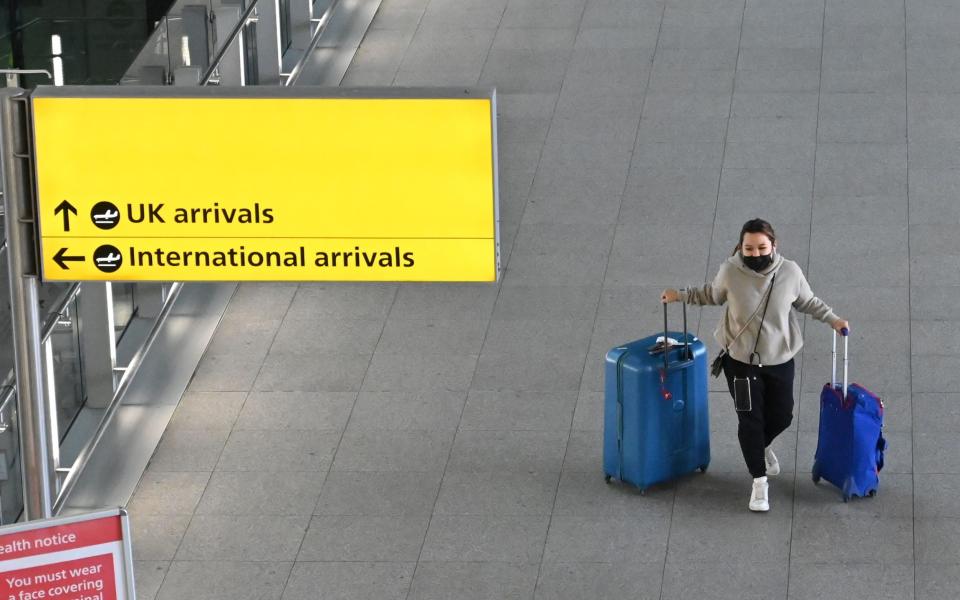
“Top of the list is vaccination. At the moment, Covid vaccination is strictly confined to the NHS programme, which this winter is focused narrowly and exclusively on the over-65s, but seems to take no account of people in key roles who should also be protected, as the current chaos at Gatwick seems to demonstrate, and the many other people not eligible for vaccination at public expense,” he added.
“Preventing hospitalisation or death is not the only reason to be vaccinated. Vaccine manufacturers have ample supplies, so there is no earthly reason why supplies could not be made available to the private sector, for use by people who will be travelling, and by companies who wish to protect their operations. This is exactly what happens currently with flu vaccination. If we are being asked to treat Covid as a ‘normal’ disease, we need the tools to do just that. And we need them now.”
Do any destinations still have Covid-19 rules?
While almost all holiday destinations have dropped their Covid-19 entry requirements, a small number do still have testing or vaccination measures in place. The Pacific island nation of Nauru, for example, says all arrivals must be fully vaccinated and take a test 24 hours before departure. Tonga has similar measures. And while China dropped all Covid-19 entry requirements on August 30, 2023, you may be asked to take a rapid antigen test on arrival if you display symptoms of fever.
According to British Airways, a small number of destinations such as Japan, Morocco, Seychelles and Grenada require a mask to be worn on flights into the country. Others, such as St Lucia and Egypt, require a mask to be worn in the terminal.
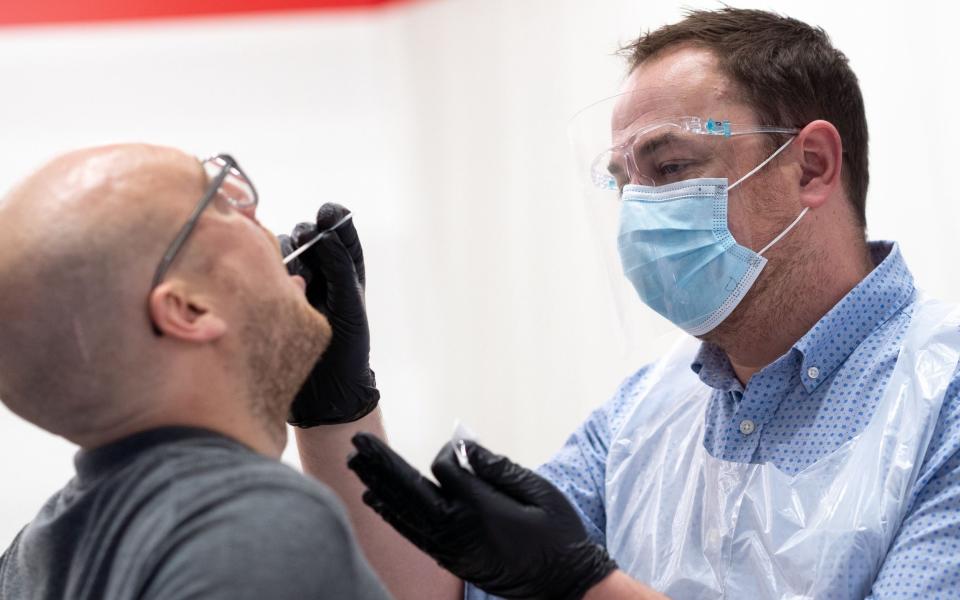
Can I board a flight if I have Covid?
There are no laws in place to prevent you from boarding a flight if you have Covid symptoms, but many airlines recommend against travelling if you have tested positive, or to wear a mask if you have symptoms. The current NHS advice reads: “You should try to stay at home and avoid contact with other people for five days”. Under-18s “should try to stay at home” for three days.
The Government’s coronavirus page simply says: “If you have Covid-19 you should try to stay at home.”
However, if travelling with a tour operator you might be legally obliged to disclose your result, warns Javed Ali, legal consultant at Hill Dickinson: “By booking your travelling arrangements, whether part of a package holiday or booked separately, you may be legally obliged under the terms of your contact with your travel service provider to notify them of your Covid status,” he explains. “[This] most likely may result in the cancellation of your holiday. You should therefore take out travel insurance for such contingencies.”
What are your rights if Covid-19 affects your travels?
If your flight is delayed by more than three hours or cancelled, you may be entitled to between £210 and £520 in compensation. However, crucially, you can only make a compensation claim if the airline is at fault. If your flight is affected by staff shortages at air traffic control thanks to illnesses, for example, it is unlikely that you will get a penny.
If you get Covid-19 and cannot travel, your insurance policy might have Covid cover which will pay out if you are diagnosed within two weeks of being due to travel. Check the wording of your policy and contact your insurance provider to know your rights. It may be that this level of cover can only be available through a policy extension.


